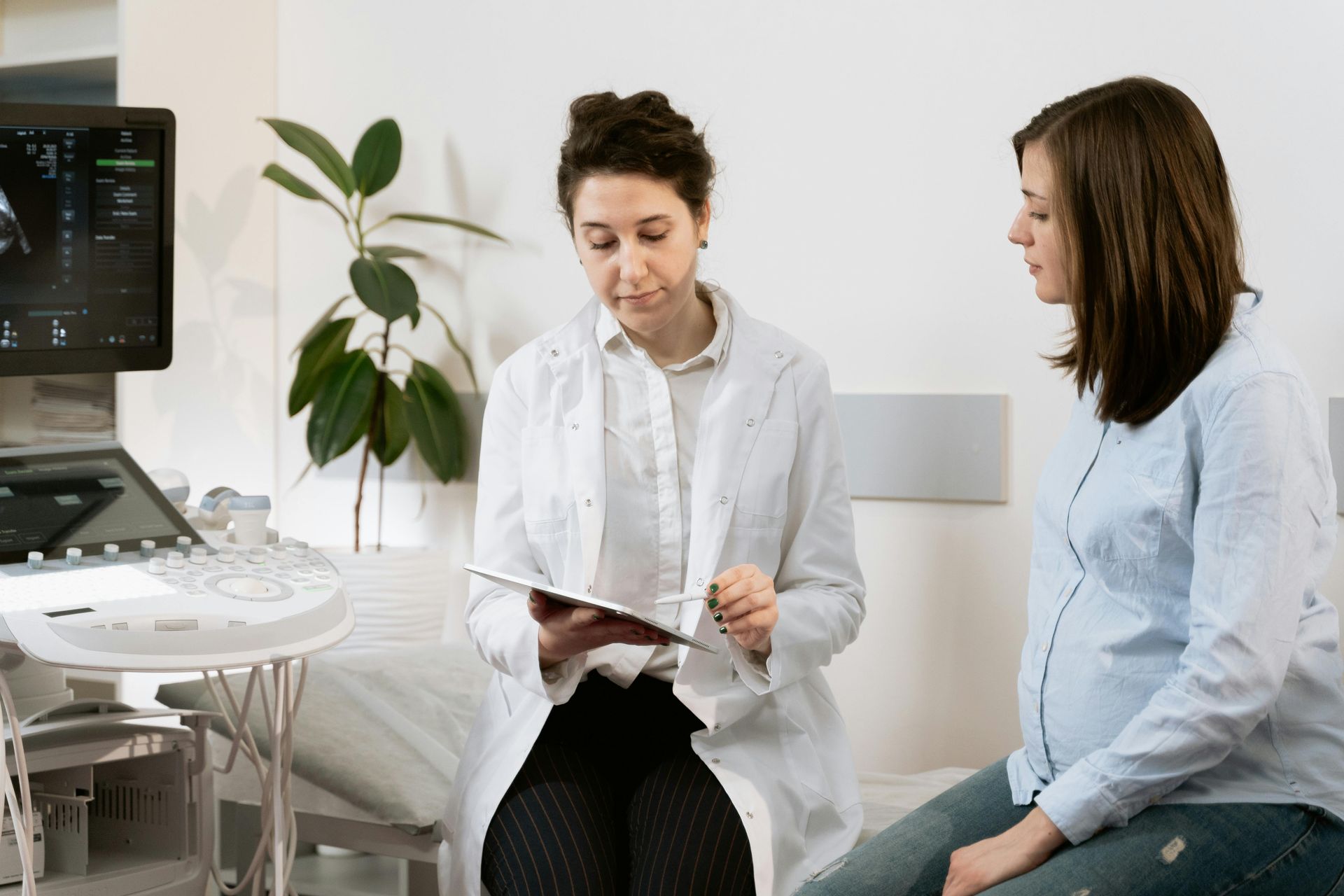How Soon Can You Get Pregnant After an Abortion?
How Soon Can You Get Pregnant After an Abortion?
If you’re wondering when you might be able to get pregnant again after an abortion, you’re not alone—and your question is completely valid.
An abortion ends an existing pregnancy, but it doesn’t change how your reproductive system works going forward. That means if you have unprotected sex after an abortion, you can become pregnant again—sometimes sooner than you might expect.
Even while you’re still recovering or experiencing symptoms like bleeding or nausea from elevated hCG levels, ovulation can occur. In fact, some medical literature suggests it’s possible to conceive as soon as five days after the procedure.
If you’re not ready to become pregnant right away, it may help to talk with your healthcare provider about birth control options that fit your body and your goals. You’re also always welcome at ACPC Women’s Clinic where we provide a safe space to ask questions, explore your options, and get reliable information—all at no cost to you.
Understanding the Difference: Birth Control vs. Abortion
It’s easy to feel confused about how birth control and abortion differ, especially when you’re sorting through a lot of information. You need to understand the process of conception first. Here is a simplified explanation:
Pregnancy begins when a sperm cell fertilizes an egg, forming a zygote. This single cell carries the full set of DNA from both biological parents. The zygote travels through the fallopian tube to the uterus, where it becomes a blastocyst and implants into the uterine lining. At that point, an amniotic sac begins forming around the embryo.
Birth control works by preventing this process from starting, either by stopping ovulation, blocking sperm, or preventing fertilization.
Abortion, by contrast, ends a pregnancy that has already begun. It doesn’t stop your body from ovulating in the future, nor does it prevent sperm from reaching the egg or implantation from occurring. That’s why your fertility can return quickly after an abortion, and pregnancy may be possible within just days.
Unprotected Sex and Pregnancy Risk
Understanding how pregnancy happens can help you make informed decisions.
Unprotected sex can lead to pregnancy even when timing doesn’t seem ideal—during your period, after an abortion, or while on birth control. The chance of pregnancy varies based on individual factors like hormone levels, cycle timing, and overall health. However, it is still possible to become pregnant:
- While using contraception (especially if not used perfectly)
- During your period or in between cycles
- From ejaculation near the vaginal opening (even without penetration)
- Even if you’ve received gender-affirming care, such as testosterone—if you still have a uterus and ovaries, pregnancy can occur
So, How Soon Can You Get Pregnant After an Abortion?
The short answer: very soon—sometimes in less than a week.
Because ovulation can return quickly, it’s important to know that unprotected sex at any time can lead to pregnancy, even shortly after an abortion. If you’re unsure about your fertility, birth control options, or next steps, we're here to help.
At ACPC Women’s Clinic, you’ll find a judgment-free place to ask questions and get support, whatever you’re facing. All our services are offered at no cost, and you’re welcome here.







